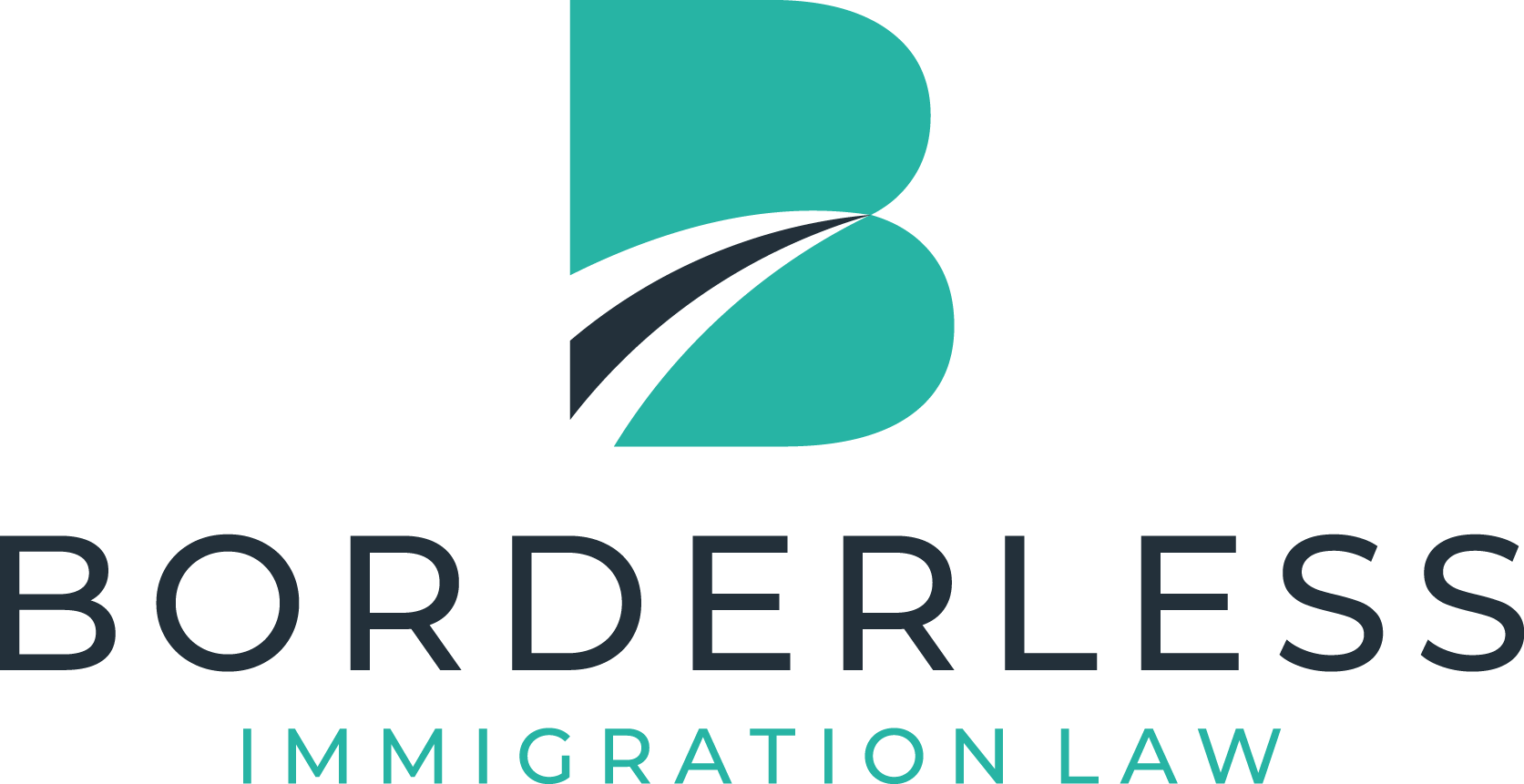Temporary Resident Permits
A visitor visa, also known as a temporary resident visa (TRV), allows foreign nationals to enter Canada temporarily for tourism, visiting family or friends, or attending business meetings.
The requirements for a visitor visa application include completing the necessary application forms, providing supporting documents such as a valid passport, travel itinerary, proof of financial means, and invitation letters if applicable. Our law firm can assist you in compiling a strong application package that meets all requirements and increases your chances of obtaining a visitor visa.
Generally, visitors are allowed to stay for up to six months from their date of entry. The actual length of stay is determined by the immigration officer at the port of entry based on the purpose of the visit and other factors.
To apply for a work permit, you generally need a job offer from a Canadian employer who has obtained a positive Labour Market Impact Assessment (LMIA) or is exempt from the LMIA requirement. Our firm can help you understand the specific requirements, based on your situation, assist in preparing the necessary documents, and ensure that your application meets all the requirements.
In most cases, you need a valid work permit to work in Canada. However, there are certain exemptions where individuals may work without a work permit, such as certain types of business visitors, foreign representatives, and certain international agreements. It’s crucial to determine if your situation falls under one of these exemptions or if you need to apply for a work permit.
To apply for a study permit, you need to have an acceptance letter from a designated learning institution (DLI) in Canada. Complete the study permit application forms, provide supporting documents (such as proof of acceptance, proof of financial support, and a valid passport), and pay the required fees. Submit the application online or at the nearest Canadian visa office.
The financial requirements for a study permit include demonstrating that you have enough money to cover tuition fees, living expenses, and return transportation. You may need to provide bank statements, scholarship letters, or proof of funding from a sponsor to show that you have sufficient funds to support yourself during your studies. We ensure that all necessary forms are completed accurately, assist in gathering supporting documents, and provide advice to increase your chances of a successful application.
Yes, most study permit holders are eligible to work part-time on or off-campus while studying in Canada. However, there may be certain restrictions and conditions, such as obtaining a work permit or meeting specific eligibility criteria. It’s important to check the regulations and guidelines to ensure compliance with the work authorization rules.
Borderless Immigration Law
Ontario Mailing Address:
7030 Woodbine Ave
Suite 500
Markham ON L3R 6G2
+1 416.548.7224
hello@borderlesslaw.ca
©2024 Borderless Immigration Law
Privacy Policy
